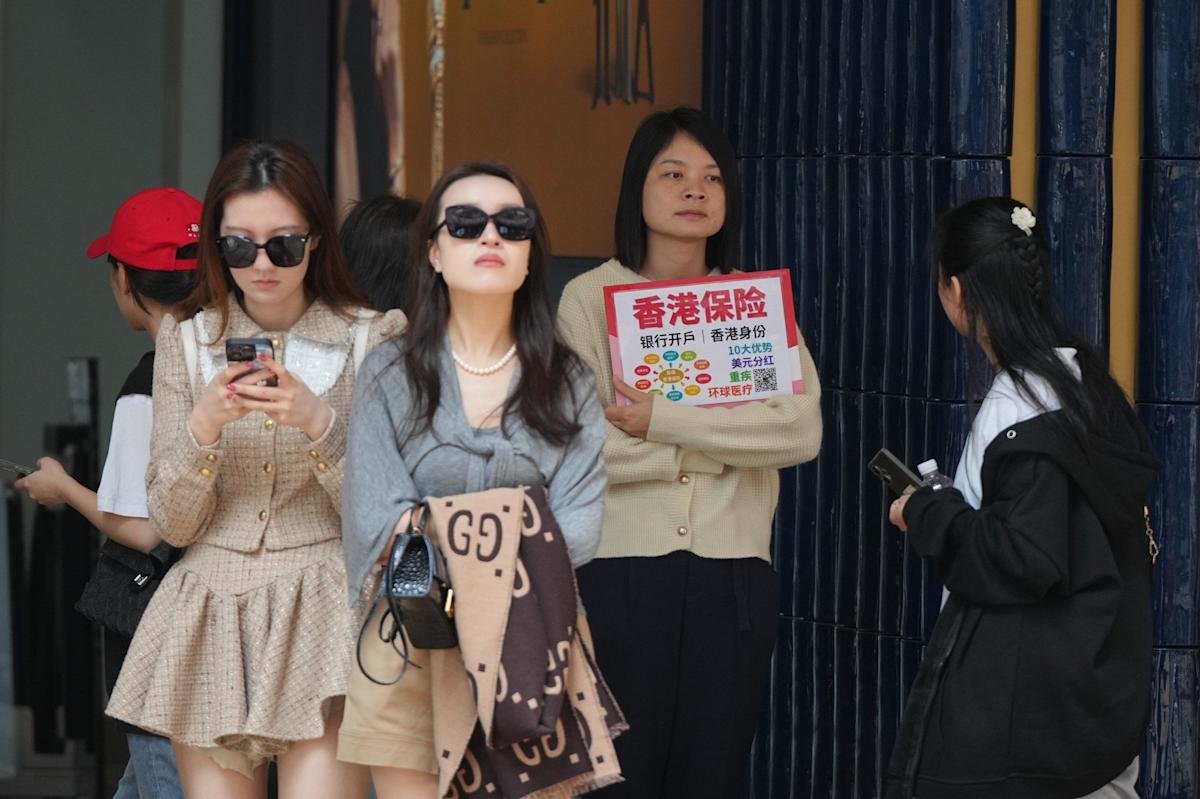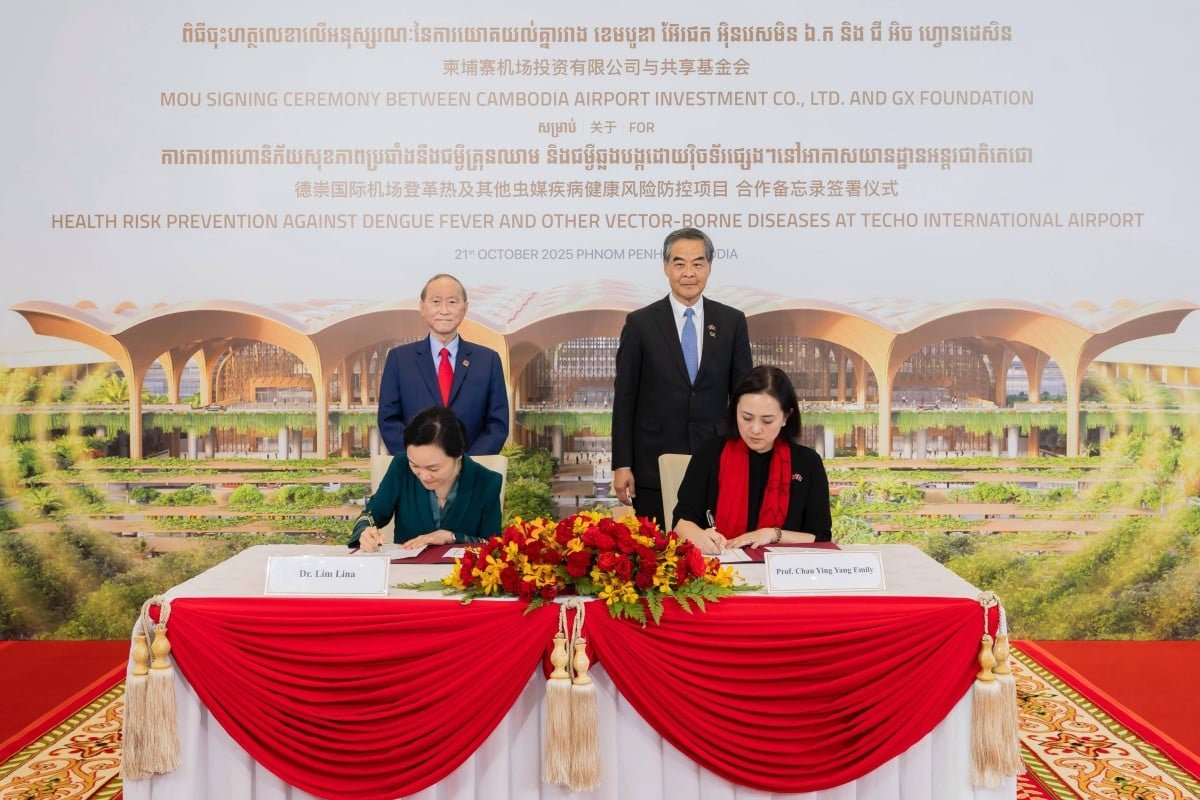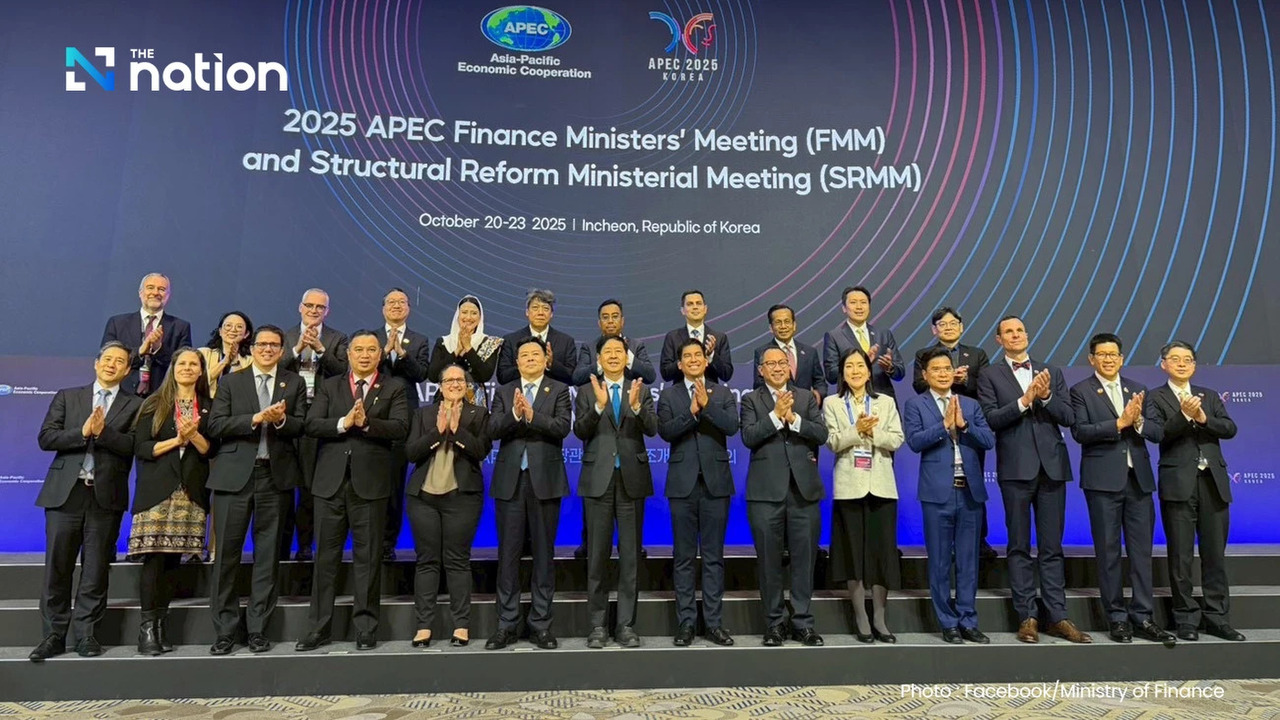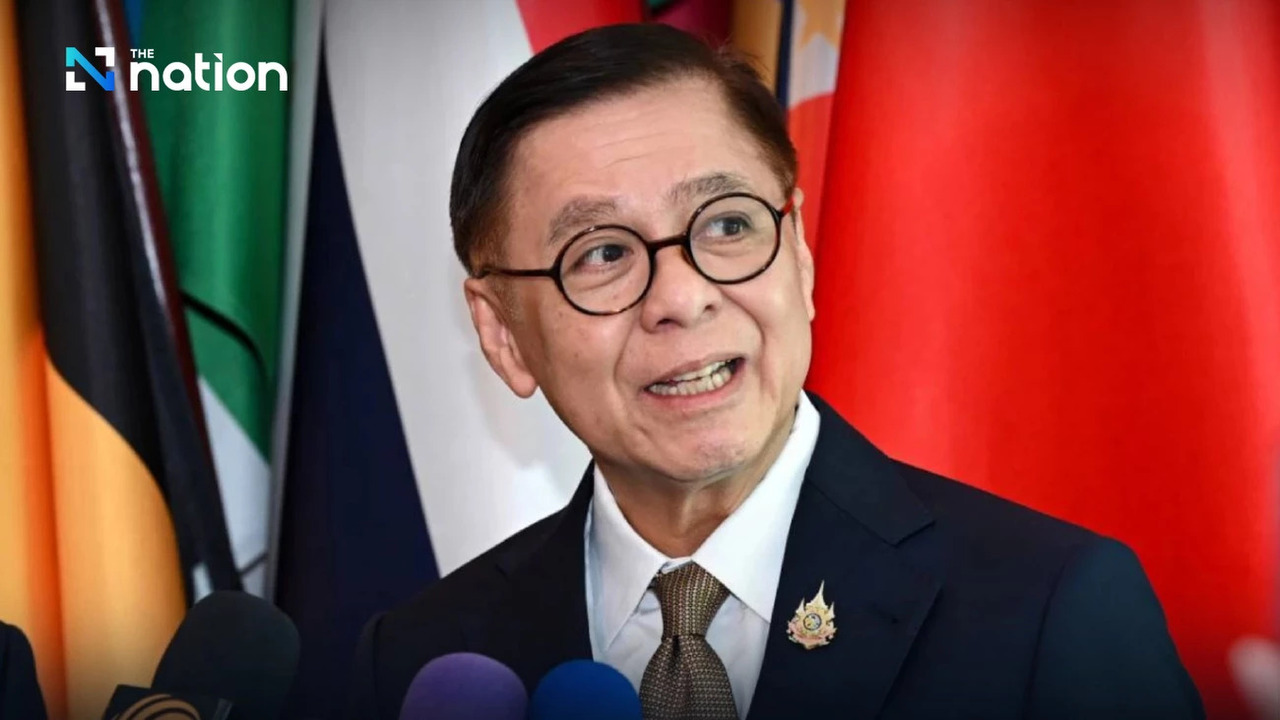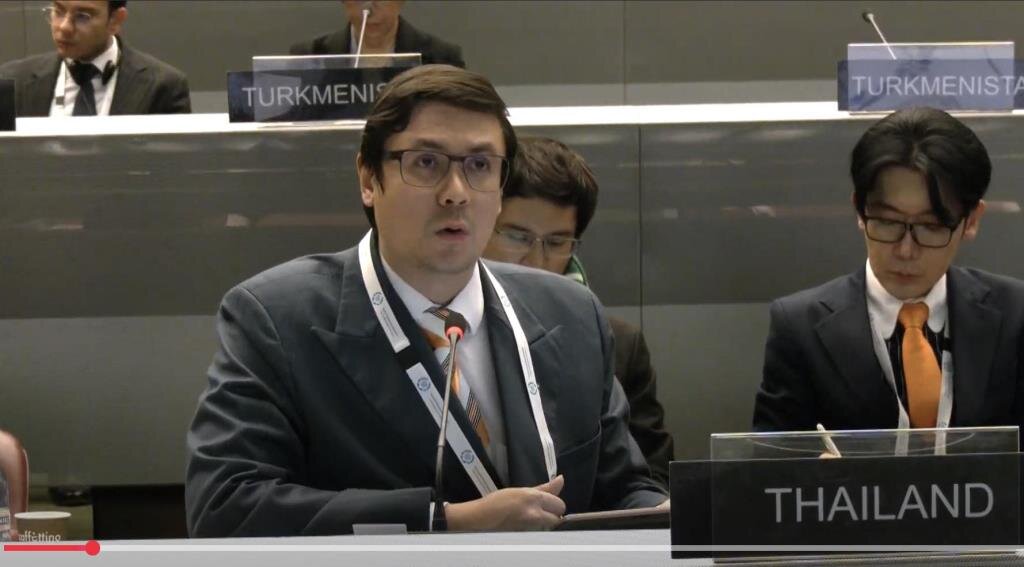The British report—submitted under the UK’s six-monthly obligation to the Sino-British Joint Declaration—contended that Hong Kong’s national security legislation has impaired local political autonomy and contributed to a wave of emigration.
A government spokesman in Hong Kong stated that Britain lacks the entitlement to interfere in what are fundamentally China’s internal matters and argued that the UK continued to apply “double standards” in criticising legislation such as the national security law and the implementation of Article 23 of the Basic Law.
The statement asserted that Britain’s actions amounted to “bullying” and posed a risk of “perverting the course of justice” by discrediting Hong Kong’s judicial system.
The UK document referenced the case of former media proprietor Jimmy Lai and others pursued under national security provisions, noting it was “hardly surprising” hundreds of thousands of people had departed the city for territories where freedoms are perceived as better protected.
Hong Kong’s response described these remarks as deliberately distorting the truth, warning the UK against glorifying unlawful behaviour and applying undue pressure on the courts.
Since July 1997 the British foreign secretary has been required to provide biannual reports to Parliament on the implementation of the joint declaration.
Experts say the latest exchange reflects widening diplomatic tensions between London and Beijing, as the UK continues to maintain its rights under the treaty, while Hong Kong and mainland authorities decry the reports as a vestige of colonial oversight.
The development underscores ongoing friction over how Hong Kong’s legal and institutional evolution is viewed internationally and highlights the divergent perspectives of China and the United Kingdom on the city’s autonomy and governance framework.


